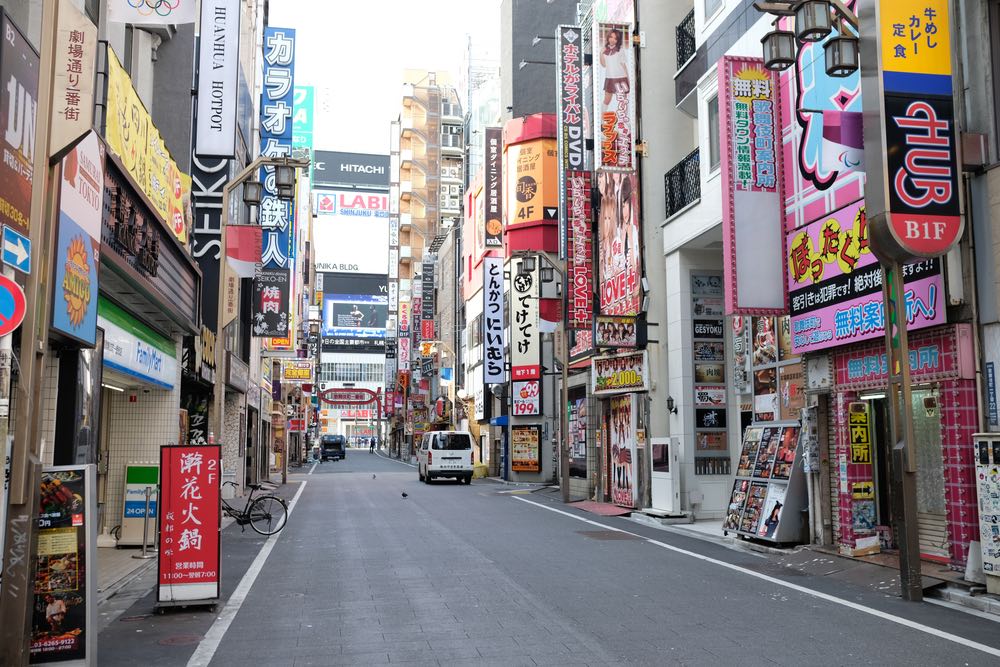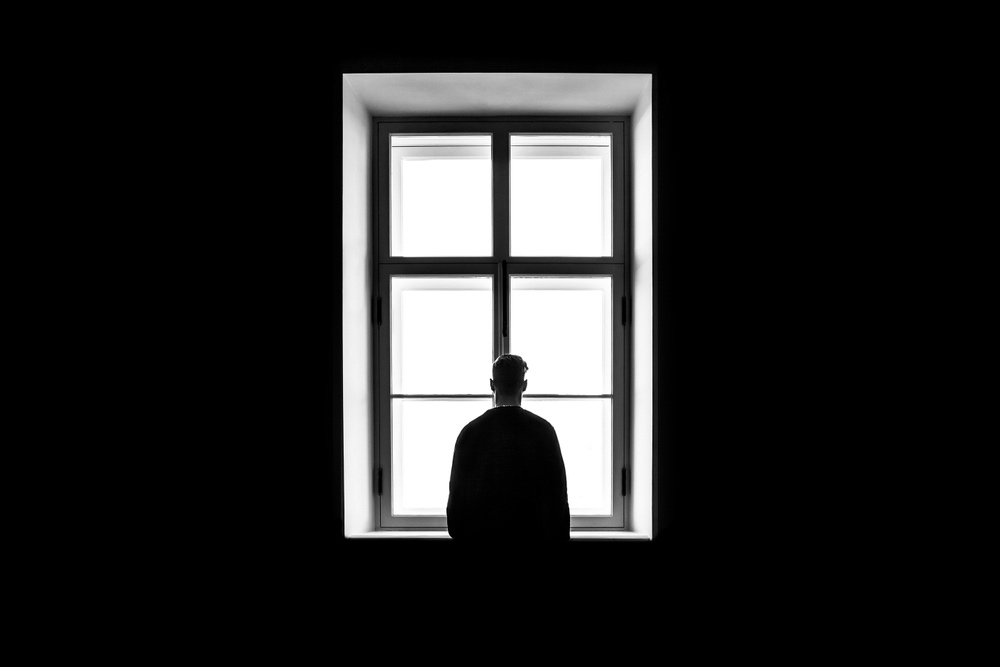Japan appoints ‘Minister of Loneliness’ to battle pandemic isolation as suicide rates rise
Isolation, loneliness and fear are triggering depression and other mental health conditions around the world in this pandemic.
In Japan, the government is stepping in to help its citizens cope with loneliness and stress as suicide rates across the country have increased for the first time in a decade.
Japanese Prime Minister Yoshihide Suga last week designated a cabinet post and appointed Tetsushi Sakamoto to coordinate work with the Health Ministry and other agencies to create strategies on suicide prevention and to combat social and mental isolation.
Nikkei Asia quoted Suga telling Sakamoto, “Women especially are feeling more isolated and face increasing suicide rates. I'd like you to examine the issue and put forward a comprehensive strategy.”
Sakamoto, who is also resposible for addressing Japan’s falling birthrate, told reporters, “I hope to promote activities that prevent loneliness and social isolation and protect the ties between people.”

Last year, 20,919 committed suicide in Japan, an increase of 3.7% from 2019. Compare this to the country’s COVID deaths, which was 3,459 during the same period, a relatively low figure in Asia. (India leads with 155,949 deaths and 10 million infections as of today.)
The country has one of the world’s highest suicide rates, according to the Japan Times. Suicide numbers had been declining for a decade until the pandemic hit in 2020.
“ While men in Japan are typically more likely to die by suicide, last year saw the number of women killing themselves grow by 885 to 6,976, while suicides among men fell slightly. Meanwhile, figures for those in their 20s and those age 19 or younger grew by 17% and 14%, respectively, according to a tally by the Nikkei Business Baily, providing insight into which groups are the most vulnerable.”
In the US—which has 28 million coronavirus infections and 500,000 deaths—a survey last year revealed that 4 in 10 adults have reported symptoms of anxiety or depressive disorder—an increase from 1 in 10 adults who reported the same symptoms from January to June 2019.

In the Philippines, the Department of Health (DOH) and World Health organization reported in September 2020 that the National Center for Mental Health (NCMH) saw a significant increase in monthly hotline calls regarding depression, from 80 calls pre-lockdown to nearly 400, even though the country “consistently ranked in the Top 5 of a global optimism index.”
“The importance of mental health initiatives is just as crucial as those for the COVID-19 pandemic,” Health Secretary Francisco T. Duque said. “Now more than ever, we need to promote holistic health, where we are caring for the body, the mind, and even the spirit.”
The NCMH crisis hotline, which operates 24/7, can be reached at 0917 899 8727 (USAP) and 989 8727 (USAP). It provides assistance to individuals with mental health conditions, especially those at risk of committing suicide.
The Philippines has 552,246 COVID cases and 11,524 deaths.
WHO released on its website these tips to help minimize anxiety during the pandemic:
Keep informed. Listen to advice and recommendations from your national and local authorities. Follow trusted news channels.
Have a routine. Keep up with daily routines as far as possible, or make new ones.
Get up and go to bed at similar times every day. Eat healthy meals at regular times.
Make time for doing things you enjoy. Exercise regularly. Allocate time for working and time for resting.
Minimize newsfeeds. Try to reduce how much you watch, read or listen to news that makes you feel anxious or distressed. Seek the latest information at specific times of the day, once or twice a day if needed.

Social contact is important. If your movements are restricted, keep in regular contact with people close to you by telephone and online channels.
Limit the amount of alcohol you drink or don’t drink alcohol at all. Avoid using alcohol and drugs as a way of dealing with fear, anxiety, boredom and social isolation.
Screen time. Be aware of how much time you spend in front of a screen every day. Make sure that you take regular breaks from on-screen activities.
Social media. Use your social media accounts to promote positive and hopeful stories. Correct misinformation wherever you see it.
Help others. If you are able to, offer support to people in your community who may need it, such as helping them with food shopping.
Support health workers. Take opportunities online or through your community to thank your country’s health-care workers and all those working to respond to COVID-19.
Be kind. Don’t discriminate against people because of your fears of the spread of COVID-19.


